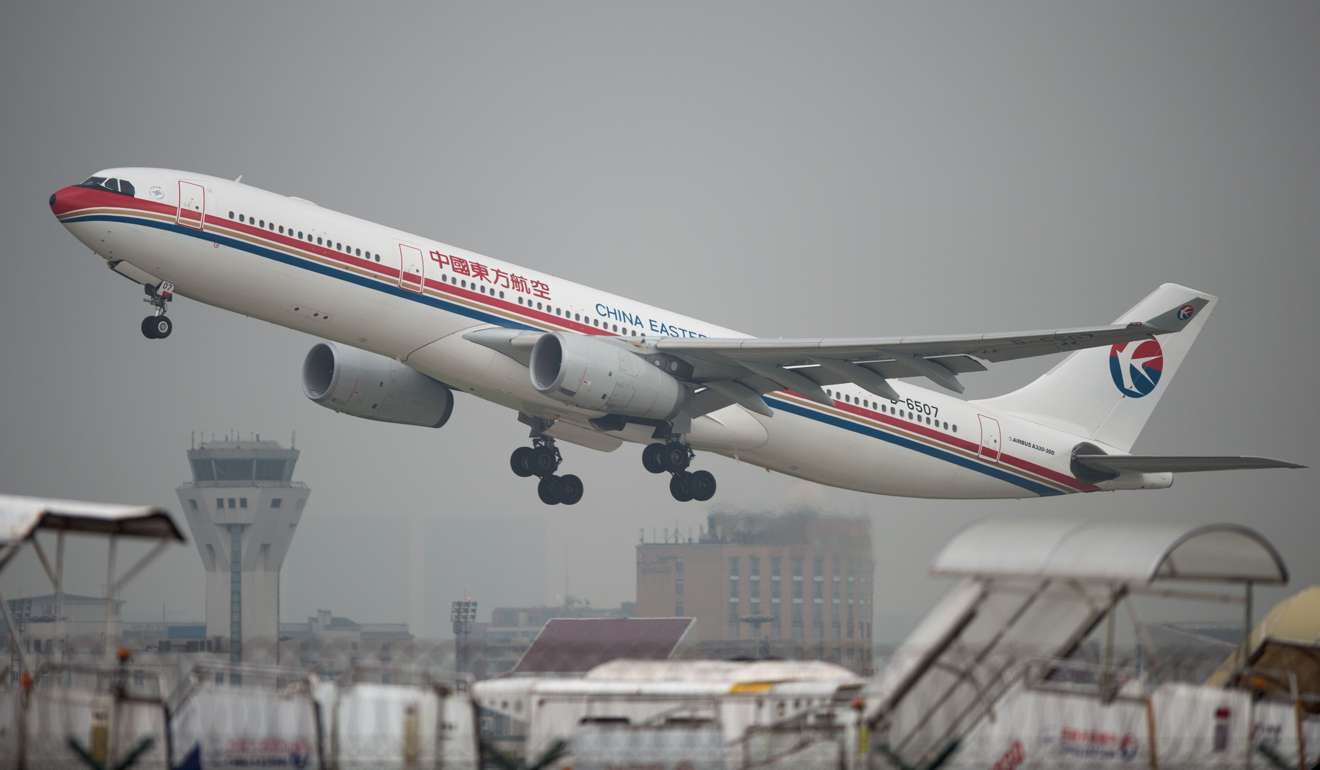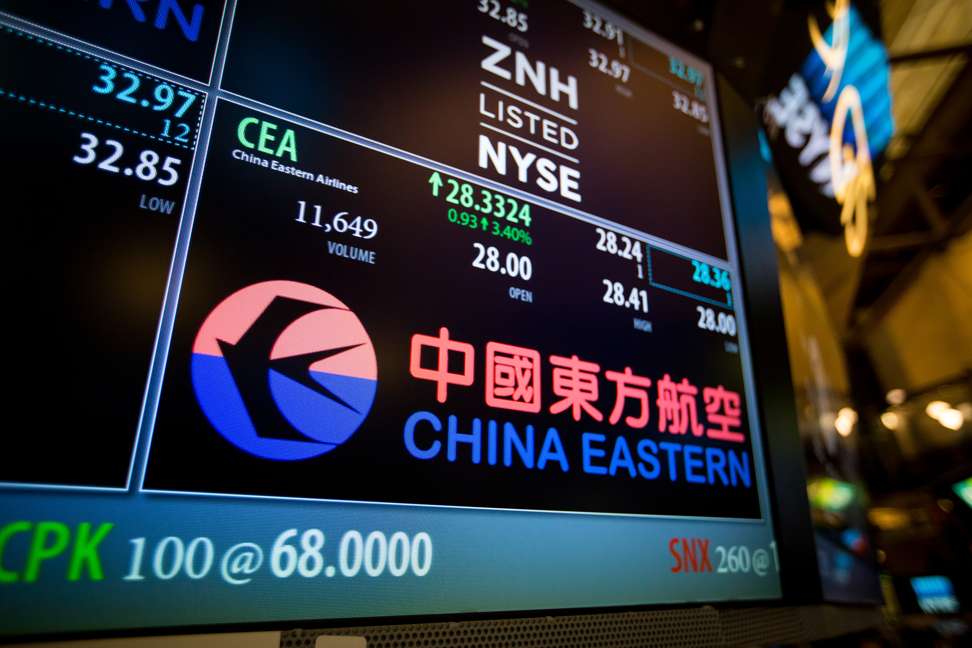
Ownership reform rekindles investor interest in big China companies
The mixed-ownership reform could result in a flight of funds from the high-growth small firms to large-size companies amid expectations of improved fundamentals
The theme of mixed ownership has injected new vigour into the mainland’s slumbering A-share market after the country’s second-largest mobile network operator said its shareholding structure would probably change under the directives of the central government.
Beijing’s determined efforts to drastically reform the state-owned industrial juggernauts and investors’ mounting worries about the fundamentals of the small- and mid-cap companies could potentially spark a rally in about a dozen blue-chip stocks that are likely to conduct ownership restructuring.
Mixed ownership refers to the policy under which Beijing invites the injection of public money into state firms, most of which enjoy a cosy monopoly.
The policy aims at pumping fresh funds into the state-controlled businesses and diluting government ownership, and thereby bolstering corporate governance.
On Wednesday, China United Network Communications, known as Unicom, said it would implement the mixed-ownership reform plan.
As the company said the restructuring deals were still subject to substantial uncertainty, the market has already been rife with speculations that one of the mainland’s three internet giants – Baidu, Alibaba and Tencent – would probably become a major shareholder of Unicom.
Alibaba owns the South China Morning Post.

“Mixed-ownership is a grand policy that could set a tone for the long-term growth of the state-controlled businesses,” said Haitong Securities analyst Zhang Qi. “But it would be dangerous if retail investors blindly chased the related stocks that have not even started the ownership restructuring.”
Last weekend, Liu He, a deputy director of the National Development and Reform Commission, who is also one of President Xi Jinping’s close economic advisers, told a government conference that the central government would fast-track approval processes to enable a first batch of state-owned firms to take a concrete step in enforcing mixed-ownership reform plans.
Unicom’s statement about a potential change in the shareholding restructuring was published just five days after Liu’s remarks.
Liu said that the companies spearheading the reform would be used as examples for their counterparts in the future.
Mixed ownership refers to the policy under which Beijing invites the injection of public money into state firms, most of which enjoy a cosy monopoly
Analysts said the incumbent leadership was adamant in overhauling the state-owned enterprises (SOEs) which have been cited as a major stumbling block to the country’s further economic growth.
On the mainland, SOEs in the backbone sectors of oil, electricity, telecommunication, railway and military, play a dominant role in the vast Chinese market, but are often seen as a hotbed for corruption.
The current leadership, envisioning a New Normal strategy – a slow but sustainable growth pattern – hopes to dent the role of the state-owned juggernauts in the world’s second-largest economy while giving market forces a full play in economic activities.
Mixed-ownership is viewed as an effective and feasible method to reform the SOEs.
Despite rolling back their state ownership, state parents would still become the largest shareholders of the companies after bringing in private-sector investors.
“A diversified ownership structure technically enhances corporate governance,” said He Yan, a hedge fund manager with Shanghai Shiva Investment. “On the stock market, the reform is increasingly seen by retail investors as a market-boosting measure. But their perception might be wrong.”
Last October, Unicom was named as one of the six trailblazing state-owned firms by Beijing to carry out the mixed-ownership reforms.

As of March 31, its A shares have surged 80 per cent since the end of September 2016, closing at 7.47 yuan (US$1.08).
Unicom’s A-shares have yet to trade since a suspension was requested on Monday.
China Eastern Airlines, one of the six firms on the list, has seen its Shanghai shares jump more than 15 per cent since the end of September.
It is estimated that about 20 A-share firms - which include state-owned firms other than the six pioneers and the listed subsidiaries - would be involved in a potential ownership restructuring amid the mixed-ownership reform.
They could be the new darling of mainland investors who are convinced of the positive impact from the reform.
Since 2009, mainland institutional and individual investors have allocated more assets to speculate on small-cap stocks on the Shenzhen Stock Exchange while shunning the large-cap blue-chip stocks.
The mixed-ownership reform could result in a flight of funds from the high-growth small firms to large-size firms amid expectations of improved fundamentals by the industrial and financial giants.
However, the reform is still on a pilot scheme while it’s still too early to forecast a big jump in the SOE’s corporate earnings.
Before 2005, two-thirds of shares held by state-owned companies on the A-share market were locked up as Beijing hoped to protect state ownership.
But China began a structural share reform in 2005, allowing major owners to compensate retail investors before the locked-up shares became free-floating.
To date, the majority of the mainland’s blue chips are still state-controlled.

